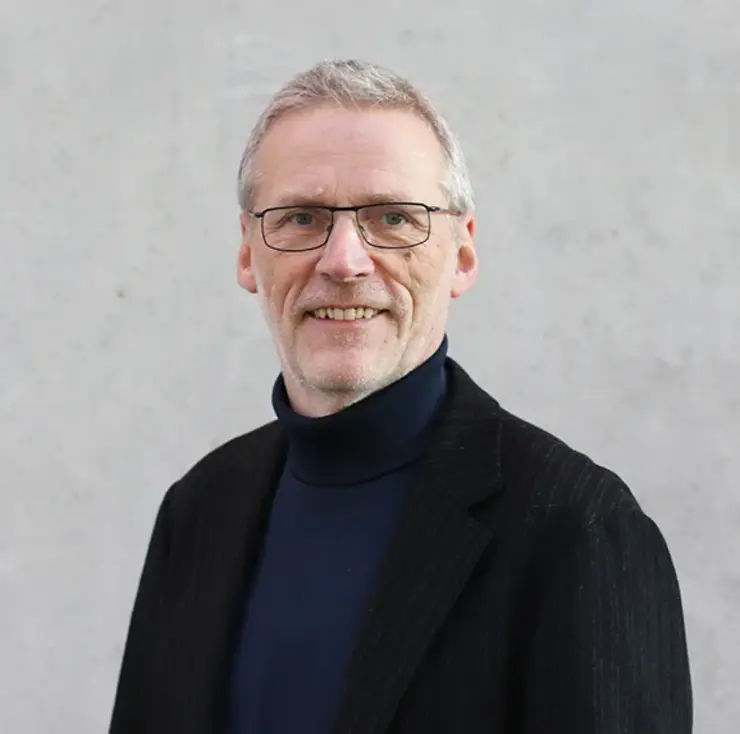"We are definitely pioneers and are rather surprised at the reluctance of some universities," says Prof. Dr Walter Bauer-Wabnegg, President of the University of Erfurt. "And we decided very early on, in fact already after the first Corona wave, in the summer semester of 2020, for digital distance examinations. After all, what sense does it make if public life is shut down, we send all students to online teaching and then have them travel across the country again in public transport for face-to-face exams and congregate in lecture halls en masse? It is not just that we wouldn't have the spatial capacity for Corona-compliant exams, we also have a responsibility there - for the students as well as for the employees."
That the decision was a good one was already evident in the first round of examinations in the summer - even if the time for the search, decision, procurement, data protection clarification (!!!), installation and qualification of all those involved was more than "sporty". "But since our new examination regulations provide for electronic examinations as a special option anyway, regardless of the pandemic, it was only logical to take this step now," reports Prof. Dr. Gerd Mannhaupt, Vice President for Academic Affairs at the University of Erfurt. It was not only the lecturers who had been registering the need for electronic examinations for some time. In the sense of further developing teaching and against the background of digitalisation, there had been considerations for some time to introduce an electronic examination system not only for electronic distance examinations, but above all for electronic examinations on campus and a reasonable implementation of all written examination formats in terms of data protection, archiving and examination law. "With WISEflow, an examination software from the provider UNIwise, we now have a system with which written papers can be set and which students can submit digitally in an uncomplicated and secure manner," says Mannhaupt. "Lecturers can easily grade the papers, plagiarism checks are carried out automatically and there is no need to hold office hours or answer tons of e-mails for feedback on the performance. Last but not least, the work is archived securely and deleted at the end of the archiving period. In the future, we will also be able to manage final papers in such a way that the piles of papers in our offices do not slowly but surely reach the ceiling."


